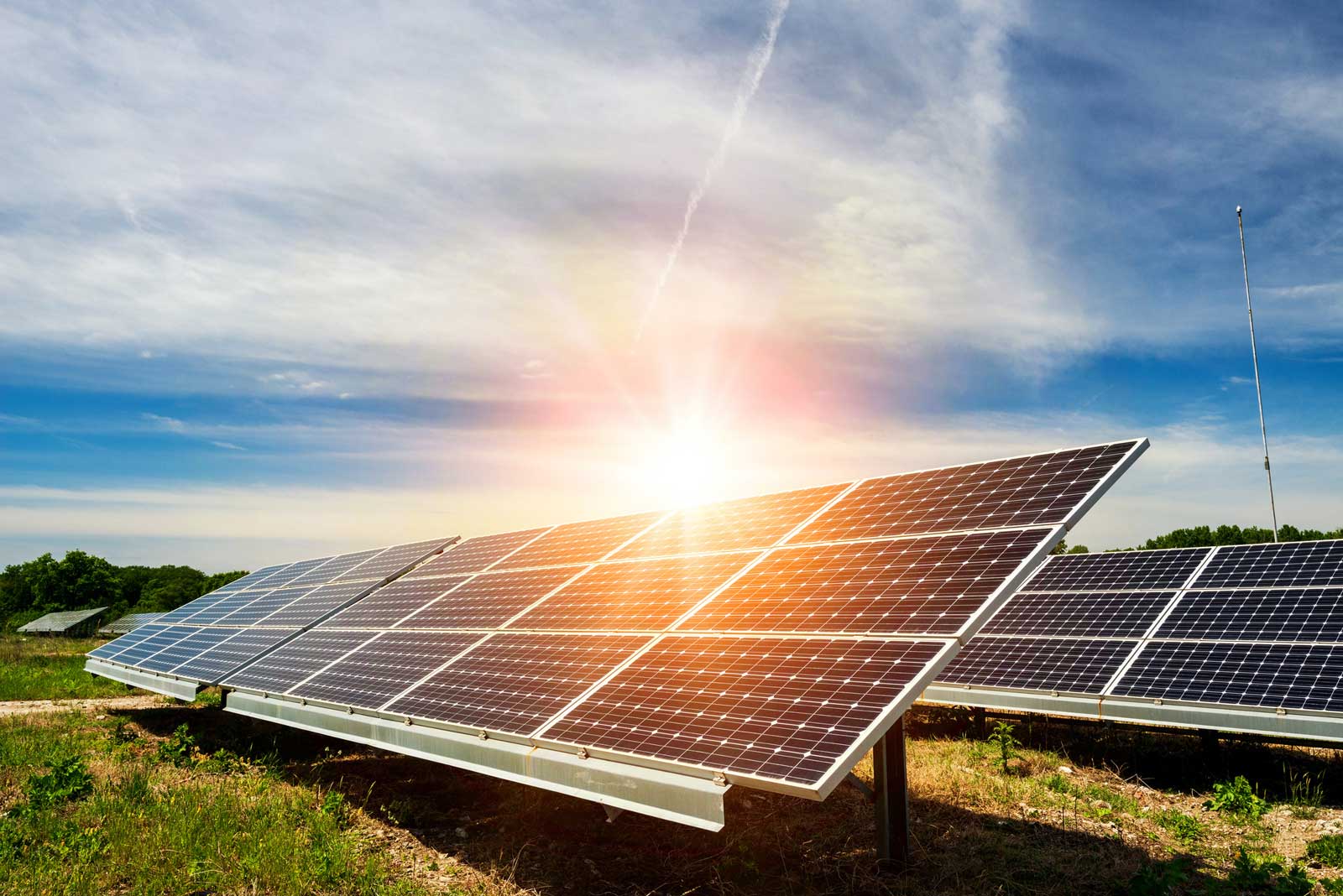Solar farm leasing – a new opportunity for landowners

In recent months, the Agriculture, Estates and Rural Property Team at Muckle LLP has received dozens of new instructions to act on behalf of landowners who have been approached about leasing land for solar farms. Land with the right topography, access and proximity to a grid connection starts to tick boxes for solar developers, who are looking to cash in on the country’s energy crisis and on increasingly efficient solar technology. But landowners need expert advice to ensure they do not get adversely caught up in what has been described as a new gold rush.
As I recently said to a landowner client who is granting an option for a solar lease, “there is no such thing as a free lunch”. Yes, you may receive an option payment, and the rents for solar leases compare very well with other sources of income, but this is not money for old rope: Granting an option to any developer inevitably means handing over enforceable rights to a third party who can exercise those rights over your land. In the case of solar options, this will include land outside the option site, as developers need ancillary rights for access, cabling and numerous other considerations. Landowners may be prevented from erecting new buildings or planting new trees and hedges (which might cast a shadow over the solar farm site) and may find that they are even restricted on what they can do within 5km or even 10km of the site, particularly to prevent competing schemes from arising.
By entering an option and lease, landowners will be restricting what they can do with their own land – whether that’s granting tenancies or other third-party rights over it or even sometimes having to agree to farm it in a particular way. There are myriad other considerations - if the option is exercised before harvest, for example, there may be crop loss to consider. Although most developers will pay compensation for this, many will only pay for input costs, and not for loss of profit. Will the rights being granted or the development itself cause an issue with any subsidy or agri-environmental scheme? What about sporting and minerals rights, if not owned by the landowner?
In addition, in most cases options seek to allow maximum flexibility for the developer. Fair enough, you might think, but generally speaking, the more flexibility there is for the developer, the less certainty there will be for the landowner. Landowners are expected to agree to be bound by planning agreements, for example, even though at the time the option is exchanged, nobody really knows what obligations and liabilities such agreements will contain. One particular risk is that a planning agreement could technically force a landowner to give up more land, for example in order to host biodiversity net gain arrangements, but without any further rent or compensation for that. These risks must be identified and mitigated in so far as is possible.
Of other concern should be what happens when the lease comes to an end? A landowner may have enjoyed 30 or 40 years of good income before then, but if the developer fails to remove the solar equipment and restore the land at the end of the term, much of that income may be lost if the landowner has to carry the costs of clearing and restoring the site. Securing restoration and decommissioning liabilities is therefore key.
Finally, landowners need to carefully consider their tax position and take expert advice on that – developing a solar farm on agricultural land will result in the loss of agricultural property relief and there are other potential tax consequences, all of which need to be given careful thought before proceeding with an option.
Certainly, there is no such thing as a free lunch, in this case, but solar farms must be part of the energy mix and can be an excellent passive generator of high levels of income for landowners. Provided you have taken advice from an expert team of tax adviser, agent and lawyer, it should be the case that you can participate in this latest gold rush and make a good return whilst keeping the above risks at bay.
For help and advice on any land and commercial property legal issues, call David Towns on 0191 211 7826 or email [email protected].
